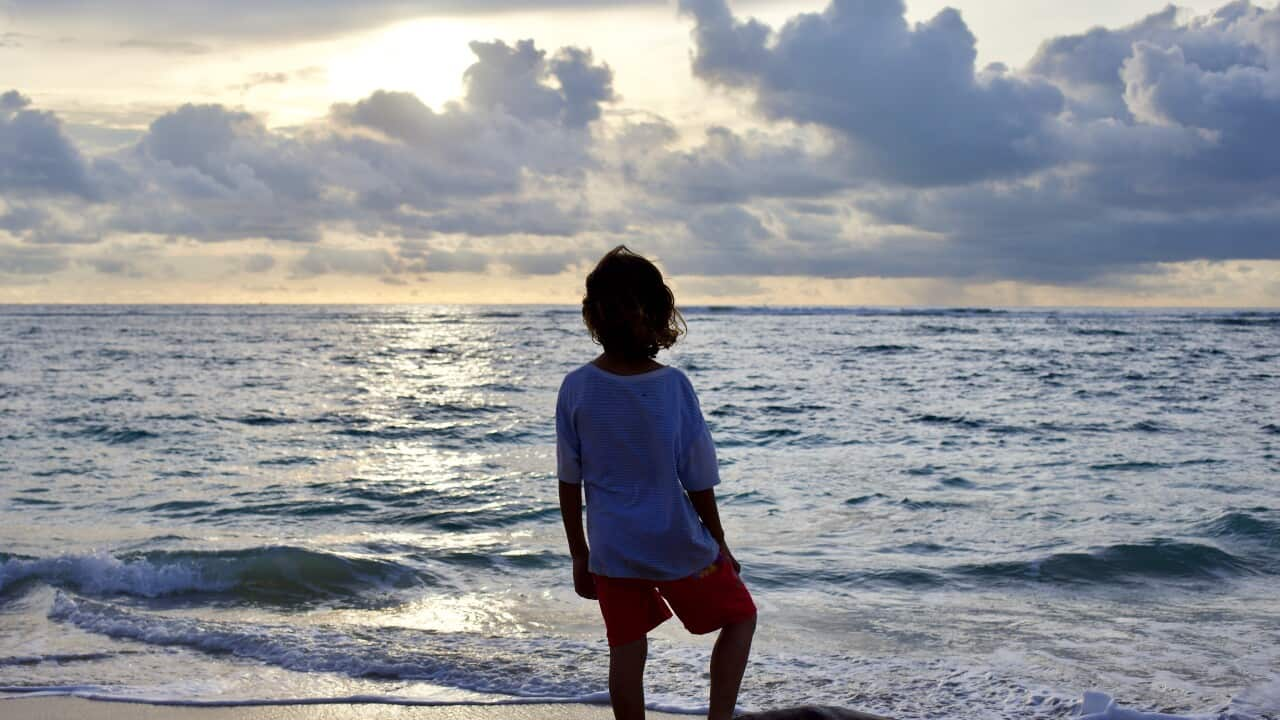A US-led ceasefire between Israel and Hezbollah in Lebanon has been approved.
The deal will mean Israeli forces will leave Lebanon in 60 days.
Hezbollah will also be required to end its armed presence in southern Lebanon along the south of the Litani River.
, saying the “fighting across the Lebanese-Israeli border will end”.
Here’s everything you need to know about the new Israel-Hezbollah ceasefire deal.
Has the ceasefire started?
The ceasefire will take effect from 4am Wednesday in Lebanon (1pm AEDT).
Israel’s cabinet agreed to the ceasefire in a 10-1 vote.
Lebanese Prime Minister Najib Mikati also welcomed the deal to end hostilities and called for an “immediate” implementation of the ceasefire.
What does the Israel-Hezbollah ceasefire really mean?
The agreement will require Israeli troops to withdraw from south Lebanon and Lebanon’s army to deploy in the region, officials say.
But it won’t happen immediately. Instead, it will be a phased withdrawal which will require Israeli forces to leave Lebanon at the end of 60 days.
Hezbollah, which is not controlled by the Lebanese government, would also be required to end its armed presence in southern Lebanon.
Lebanese foreign minister Abdallah Bou Habib said the Lebanese army would deploy at least 5,000 troops in southern Lebanon as Israeli troops withdrew. He also said the United States could play a role in rebuilding infrastructure destroyed by Israeli strikes.
The deal was brokered by the US and France.
“Over the next 60 days, Israel will gradually withdraw its remaining forces and civilians, civilians on both sides will soon be able to safely return to their communities and begin to rebuild their homes, their schools, their farms, their businesses, and their very lives,” Biden said.
An international task force will oversee the implementation of the truce, overseen by the US and including French peacekeepers.
“We’re determined this conflict will not be just another cycle of violence,” Biden added. “And so the United States, with the full support of France and our other allies, has pledged to work with Israel and Lebanon to ensure that this arrangement is fully implemented, the agreement totally implemented.”
Biden also confirmed there would be no US troops deployed to southern Lebanon.
Israeli Prime Minister Benjamin Netanyahu earlier said he was supportive of a ceasefire deal, but said he would respond forcefully to any violation by Hezbollah and declared Israel would retain “complete military freedom of action”.
What will happen to Hezbollah?
Hezbollah will be required to leave its position in southern Lebanon and move north of the Litani River, which is 30km from the Israeli border.
The group’s military facilities “will be dismantled”, according to a senior Lebanese political source who spoke to Reuters. But it wasn’t immediately clear whether the group would take them apart itself, or the fighters would take their weapons with them as they withdrew.
Hezbollah will still be active in Lebanon, helping displaced Lebanese people return to their villages and rebuilding areas destroyed by Israeli strikes, senior Hezbollah official Hassan Fadlallah said on Tuesday.
Fadlallah said Hezbollah would coordinate with the Lebanese state to shelter the displaced, remove rubble from damaged areas, bury victims, and help with reconstruction.
Australia and the US are among nations that regard Hezbollah as a terrorist organisation. Others, including the European Union, list only its military wing as a terrorist organisation.
However, Hezbollah itself makes no distinction between its political and military wings.
Will this lead to a ceasefire in Gaza?
There was no indication that a truce in Lebanon would lead to a ceasefire and hostage-release deal in Gaza.
Previous US efforts to broker a ceasefire between Israel and Hamas have not resulted in a deal.
But Biden said he “hoped” there would be a ceasefire in Gaza before he left office.
“Just as the Lebanese people deserve a future of security and prosperity, so do the people of Gaza. They too deserve an end to the fighting and displacement. The people of Gaza have been through hell,” he said.
“So now Hamas has a choice to make. Their only way out is to release the hostages, including American citizens, which they hold. In the process bring an end to the fighting, which would make possible a surge of humanitarian relief.
“Over the coming days, the United States will make another push with Turkey, Egypt, Qatar, Israel and others to achieve a ceasefire in Gaza.”
French President Emmanuel Macron also hoped the deal would “open the way for a ceasefire which has taken too long to arrive in the face of the immeasurable suffering of the people of Gaza”.
Over the past year, more than 3,750 people have been killed in Lebanon and over one million have been forced from their homes, according to Lebanon’s health ministry, which does not distinguish between civilians and combatants in its figures.
Hezbollah strikes have killed 45 civilians in northern Israel and the Israeli-occupied Golan Heights. At least 73 Israeli soldiers have been killed in northern Israel, the Golan Heights and in combat in southern Lebanon, according to Israeli authorities.







